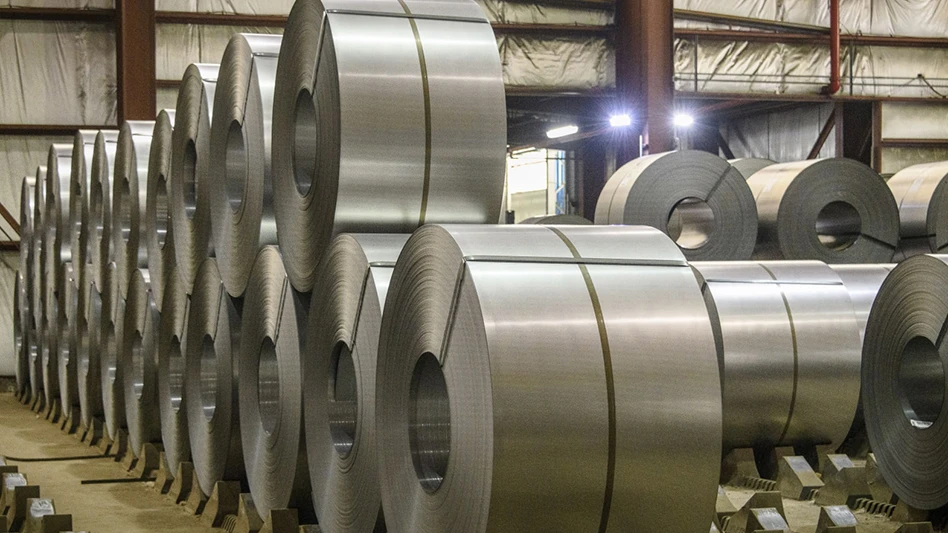Weyerhaeuser, one of the world's biggest producers of pulp, the basic raw material used in most paper products, earlier this week said it was raising its list price of Northern Bleached Softwood Kraft to $710 a metric ton in North America and Europe.
NBSK has increased steadily from a low of $460 a metric ton at the beginning of 1999 to its present level of around $670, due to high demand from paper makers and limited capacity.
In dollar terms, prices are still some way from the $1,000 a metric ton touched briefly in 1995, but in euro terms 1995 levels have already been surpassed due to the weakness of the single European currency.
The rise in pulp costs is putting pressure on small non-integrated European paper makers, which are struggling to pass on price rises to consumers of finished products, but with pulp inventories among producers and users at low levels further rises are likely.
"The market is so fragmented that a price increase is usually followed by other producers," said Björn Hägglund, deputy chief executive of Europe's largest paper group, StoraEnso, which is itself a net seller of pulp.
A spokesman for Sodra, the world's largest producer of market softwood pulp, said it was studying Weyerhaeuser's move and consulting with customers. It would make a statement on third-quarter prices next week.
Mikael Jafs, analyst with Enskilda Securities in Stockholm, said the rise was expected and is forecasting a price of $750 a metric tons by the end of the year. The article first appeared in The Financial Times.

Explore the May 2000 Issue
Check out more from this issue and find your next story to read.
Latest from Recycling Today
- Fitch Ratings sees reasons for steel optimism in 2025
- P+PB adds new board members
- BlueScope, BHP & Rio Tinto select site for electric smelting furnace pilot plant
- Magnomer joins Canada Plastics Pact
- Out of touch with reality
- Electra names new CFO
- WM of Pennsylvania awarded RNG vehicle funding
- Nucor receives West Virginia funding assist





